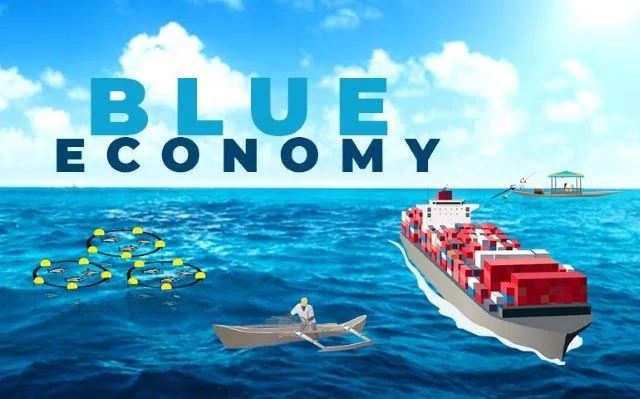On September 29, 2025, ECOWAS kicked off a workshop in Abuja to finalize its long-delayed Regional Blue Economy Strategy.
The event gathered delegates from member states, regional bodies, and African institutions to review the 2022 draft, stalled by administrative issues.
Blue Economy’s Role
The strategy focuses on marine resources, fisheries, aquaculture, shipping, and climate resilience. It aims to drive sustainable economic growth across West Africa by aligning policies for shared benefits.
Workshop Highlights
Djiga Thiao, ECOWAS Fishery Development Officer, spoke for the Agriculture and Rural Development Director.
He stressed the need for unified policies. “Marine resources connect fisheries, shipping, and livelihoods. A regional strategy is vital,” Thiao said, noting past delays but renewed commitment.
Leadership Transition
Thiao acknowledged the outgoing ECOWAS Commissioner’s push to make the strategy a legacy. “Even with new leadership, this remains a priority,” he said, urging collaboration to ensure success.
African Union Support
Linda Etta, Blue Economy Advisor at the African Union Commission, joined virtually. She emphasized the AU’s commitment to policy alignment and investment.
“This strategy will unify efforts and attract funding,” Etta said. AU-IBAR’s Dr Mohammed Seisay highlighted support for 15 countries, including Burkina Faso, to develop their blue economy plans.
Stakeholder Unity
The workshop included ECOWAS states, AU-IBAR, the Fisheries Committee for the West Central Gulf of Guinea, and experts. Thiao called it a shared effort: “Success or failure depends on all of us working together.”
Why It Matters
The strategy could unlock West Africa’s marine potential, boosting economies and sustainability. It aligns with global environmental goals and fosters regional cooperation.
Next Steps
ECOWAS aims to validate the strategy soon, paving the way for investments and partnerships to transform West Africa’s blue economy in 2025.




















